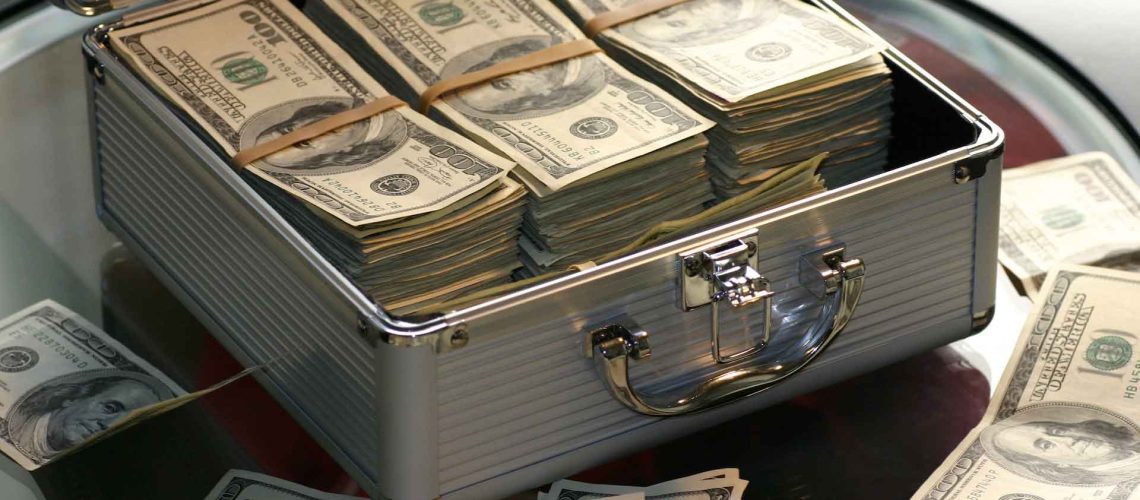Do you have a loved one who is facing a criminal charge? If the court grants them bail, your friend or family member can go free during the period before the trial starts.
Usually, the court outlines specific criteria as conditions for the accused person’s release from jail. For example, in some cases, the defendant can post a percentage of the bail amount via a bail bondsman.
However, if the court mandates the full payment of the bond amount, the defendant has a cash bail bond. In other words, the defendant must cover the entire bond amount in the form of a cash payment as assurance that they will return to court for their trial.
When Do Cash Bonds Apply?
During the initial bail hearing, the judge who hears your loved one’s case must decide if they are eligible for bail. If the court decides to grant bail, it must decide on a bail bond type and amount.
Various types of bonds exist. Property bonds and surety bonds are examples of secured bail bonds. A cash bond also falls under this category.
Unsecured bonds include release on citation and release on own personal recognizance bonds.
The judge in your loved one’s bail hearing will likely consider a cash bond if the defendant:
- Is a flight risk who might leave the town or state
- Has an arrest warrant from another jurisdiction
- Failed to pay prior fines
- Failed to appear at a prior court hearing
The court might also consider a cash-only bond if the defendant is likely to commit another crime before the trial starts.
How To Pay Cash Bonds
Most defendants don’t know how to pay for cash bonds. Fortunately, the process is relatively straightforward.
An accused person who received bail can pay a cash-only bond during the court’s operating hours. If someone wants to post the bond when the court is closed, they can do so through the jail. However, the jail doesn’t provide change, so you need to post the correct amount.
Some jails and courthouses have kiosks where credit card payments are possible. With this payment option, you can prevent a loved one from spending a night in jail. After paying a cash bond, storing the receipt in a safe place is critical, as the court clerk might ask for it on the trial date.
Who Are the Parties Eligible To Pay a Cash Bond?
The court will likely allow the defendant or any third party, such as a family member or bail bondsman, to pay a cash bond. By allowing other parties to post bail, the defendant might get out of jail without paying the entire bail amount.
Is a Cash Bond Refundable?
A cash bond might be refundable if the defendant paid the amount in full and in cash at a courthouse or jail in Connecticut.
After posting a cash bond, the court will take control of the bond until the case is resolved. The only way the defendant will receive a full refund of the money is if they show up for all court proceedings and adhere to all relevant bail restrictions and conditions.
The defendant’s attorney can request that the judge exonerates the bond after the hearing. If the judge grants the request, they will make an entry in the court record.
How the cash bond refund takes place depends on the case’s outcome. The defendant can expect to get their bail money back if the court:
- Grants a diversionary program
- Sentences the defendant
- Dismisses the charges against the defendant
- Acquits the defendant of the charges against them
If you posted a cash bond for a loved one, make sure they follow the rules that the judge set during the bail hearing. The court may outline various conditions for release, for example, that the defendant may not leave the state. If your loved one decides to leave the state, you will not get your money back.
Note that the court may charge fines and court fees out of the payment you posted as bail.
Do You Need Bail Bonds in Connecticut?
If neither you nor your loved one has sufficient cash to post a cash-only bond, you need to partner with a reputable bail bondsman. At Connecticut Bail Bonds Group, we can help you post a cash bail bond, so your loved one doesn’t need to await trial in a jail cell. Contact us today to schedule a free initial consultation.


